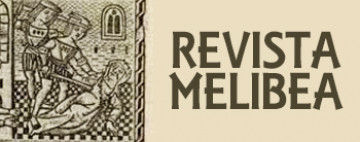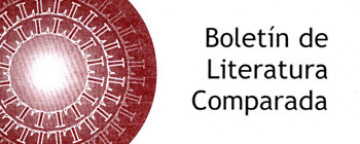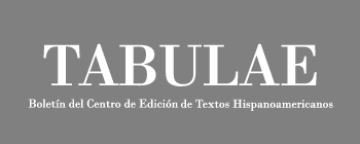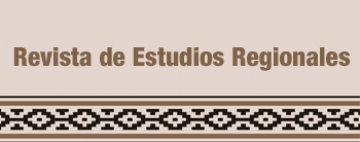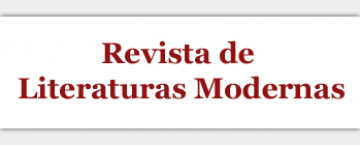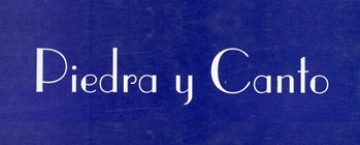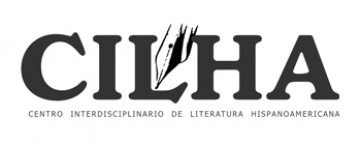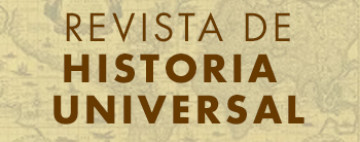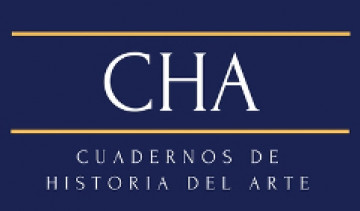Melibea
La revista está dedicada a los estudios interdisciplinarios del universo femenino en general y medieval en particular. Reúne trabajos de investigación originales, textos e información científica sobre las mujeres.
Anales de Arqueología y Etnología
Es la revista que publica el Instituto de Arqueología y Etnología (Facultad de Filosofía y Letras, Universidad Nacional de Cuyo). Fundada en 1940 y con trayectoria ininterrumpida desde entonces.
Estudios sociales contemporáneos
La revista es una publicación del Instituto Multidisciplinario de Estudios Sociales Contemporáneos de la Facultad, constituye un amplio espacio de convergencia multidisciplinar destinado a facilitar el intercambio académico entre investigadores.
Revista de Historia Americana y Argentina
Publicación del Instituto de igual nombre de la FFyL, UNCuyo. Comenzó a editarse en 1957. Publica trabajos originales, sujetos a arbitraje, y dirigidos a un público especializado. Su abarca problemáticas de historia política, social, económica y cultural.
Revista de Estudios Regionales
La Revista se constituye en un medio en que los miembros del Centro y otros profesionales dan a conocer su producción intelectual y académica. Propone una alternativa para la publicación de estudios vinculados a la región cuyana.
Philosophia. Anuario de Filosofía
Es una publicación del Instituto de Filosofía de la FFyL, UNCuyo, abierta a contribuciones sobre todos los aspectos de la Filosofía que signifiquen un aporte original a esta disciplina.
Revista de Literaturas Modernas
En una publicación del Instituto de Literaturas Modernas de la FFyL, UNCuyo. Sus artículos y notas apuntan a relacionar la literatura con otras disciplinas para posibilitar un análisis enmarcado en el contexto.
Revista de Estudios Clásicos
La Revista de Estudios Clásicos publica trabajos y colaboraciones originales que versan sobre los ámbitos comprendidos bajo los conceptos de filología, filosofía y literatura griega y latina, y su recepción en autores posteriores.
Nueva Revista de Lenguas Extranjeras
El objetivo de la revista era difundir la investigación y la reflexión crítica relacionada con las lenguas extranjeras, especialmente el francés y el inglés, en las áreas lingüística, pedagógica, literaria, sociocultural, y artística en el ámbito cultural
Anales de Lingüística
Es una publicación del Instituto de Lingüística que incluye trabajos relacionados a la Sociolingüística, Lingüística antropológica, Psicolingüística, Filología hispánica, Gramática, Análisis del discurso, Lingüística aplicada y Filosofía del lenguaje.
Piedra y Canto: cuadernos del Centro de Estudios de Literatura de Mendoza
Es una revista que publicaba el Centro de Estudios de Literatura de Mendoza. Con el objetivo de contribuir al esclarecimiento de nuestra identidad cultural regional.
Educación Cuyo: Revista de Ciencias de la Educación y Formación Docente
Esta revista depende del Departamento de Ciencias de la Educación y Formación Docente. Pretende ser un instrumento válido de expresión y de comunicación para investigadores y docentes dedicados al estudio y a la enseñanza del problema de la educación.
Cuadernos del CILHA: Revista del Centro Interdisciplinario de Literatura Hispanoamericana
Esta revista surge para promover la investigación, la actualización bibliográfica, el dictado de cursos y el intercambio con otros centros de estudios. El objetivo de esta revista es contribuir al debate y la reflexión sobre la Literatura hispanoamericana
Revista de Historia Universal
La revista tiene como finalidad difundir los resultados de investigaciones sobre historia general
Cuadernos de Historia del Arte
El Instituto de Historia del Arte se especializa en la investigación del arte que se desarrolla en la República Argentina, y ha tomado como punto de partida aquel de la región de Cuyo, donde la Universidad apoya su brazo cultural.
Scripta Mediaevalia
SCRIPTA MEDIAEVALIA es una publicación periódica, de frecuencia anual, que reúne trabajos de investigación, texto e información sobre el pensamiento medieval.
Proyección
Es publicada por el Instituto de Cartografía, Investigación y Formación para el Ordenamiento Territorial (CIFOT), de la FFyL de la UNCuyo. Aborda temas inter y multidisciplinarios referentes al ordenamiento del territorio y el ambiente.
Miranda: Revista anual del IILI
Publicación destinada a la difusión de estudios académicos sobre textos literarios escritos en inglés
Revista Argentina de Lingüística
Estudio del lenguaje, la estructura de las lenguas y de las complejas relaciones de éstas con sus usuarios

